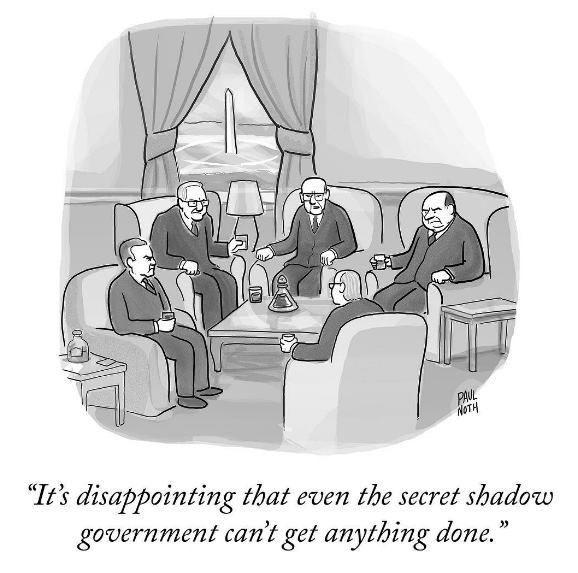Hang on guys – a lot of the best pieces I’ve read lately have been very heavy.
Recently, some great writing on slavery and domestic abuse:
- My Family’s Slave, in The Atlantic, was an excellent look at modern slavery, which is more common than you’d hope. As Alice Su wrote of the piece: “He uncovers his own shame instead of pretending that only certain people are evil and exploitative. His story strikes at my secret fear: that we are all capable of cruelty, dehumanization, or self-blinding complicity with injustices from which we benefit. He writes not about good people versus bad people, but about people who can do good or bad, and who give in, tragically, to the latter. How fearful to acknowledge that we can go either way, I think. But then again, how freeing to realize that we have a choice.“
- In one of the accompanying articles (The Atlantic ran several on modern slavery), someone compared keeping a female domestic slave to domestic abuse of underprivileged wives – ie. a married woman at home doing all chores, raising kids, with no access to funds in her marriage. Which brings me to this next article:
- How a group of young feminists opened Canada’s first shelter for abused women and children. Yes, we can change.
On your first big loss:
- The writer Ariel Levy has recently published a memoir, which I haven’t read. But in honour of her new work, I went back and read her essay, Thanksgiving in Mongolia, which I had to put down more than once. It is a heartbreaking account of her loss.
On fidelity:
- This interview with Chris Rock was great, though you can really see how he’d be hard to be married to.
The gist of the material is that women on TV used to be known for their independence, like on The Mary Tyler Moore Show, and now, according to Rock, “Women just want to be known for guys they used to fuck. Half of them aren’t even wives. They should just call it ‘Ho’s of the Pros.'”
Rock decides to table the bit for tonight, but it touches on the third rail of Chris Rock scholarship: Onstage, he is an essentialist; Rock sees women as one way – not always kindly – and men another way, two species with very little in common.
I ask him about it. For the only time, Rock gets a little defensive. “Most singers have, like, three songs, four songs that they keep writing over and over again,” he says. “If you’re Prince, you might have five or six. So I have four or five jokes.”
In the end, Rock argues that the material works because people laugh, the surest sign that comedy has the ring of truth. But it doesn’t come without a cost. His daughters are now at an age where they occasionally voice their displeasure. Rock shrugs it off – “That’s how we eat,” he says. “I would love it to be different.”
And, finally, thanks to Beyonce, I’ve been listening to this song on repeat:


